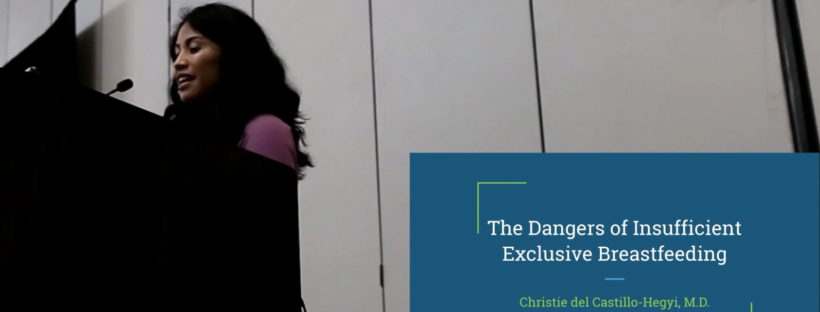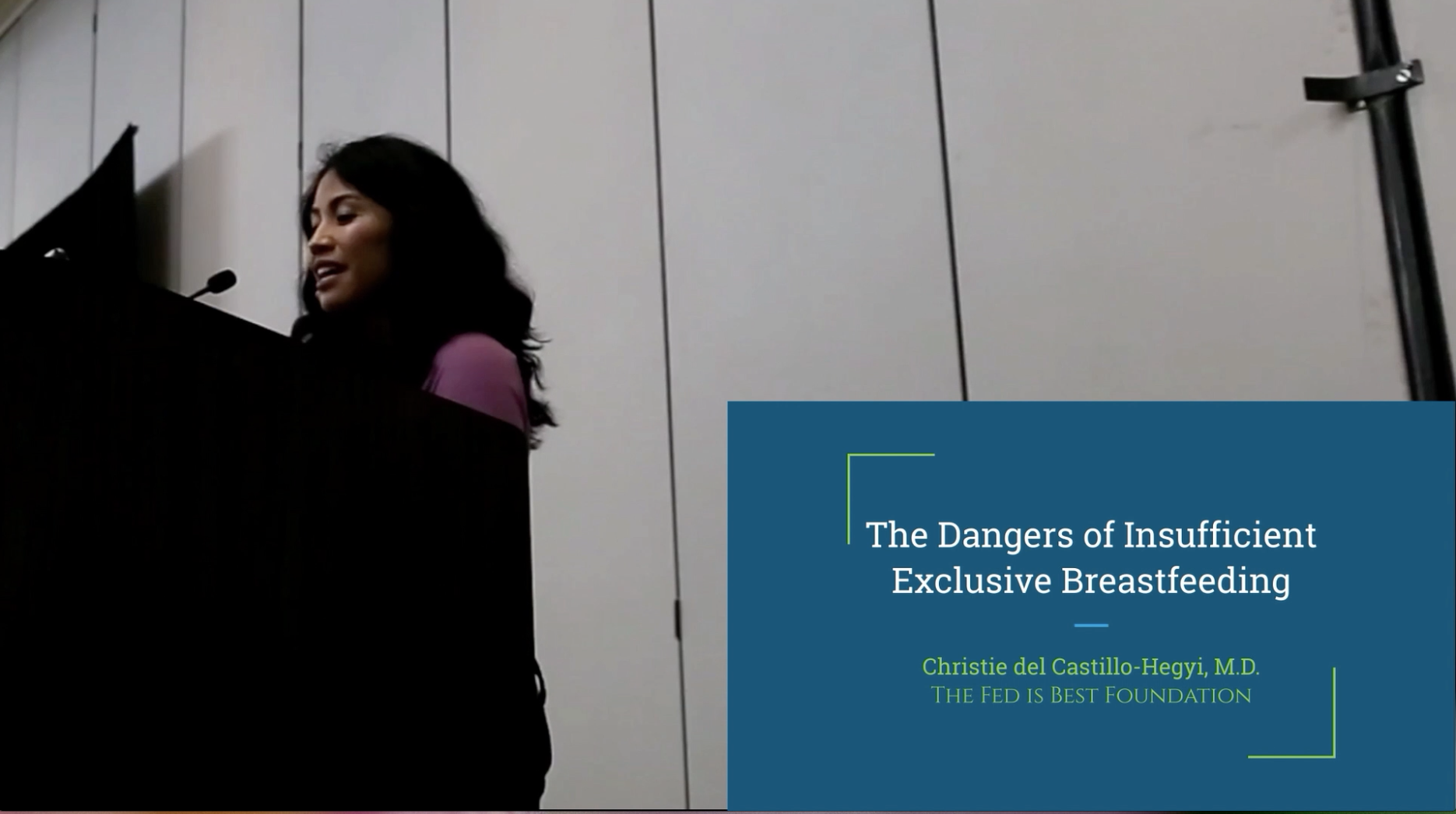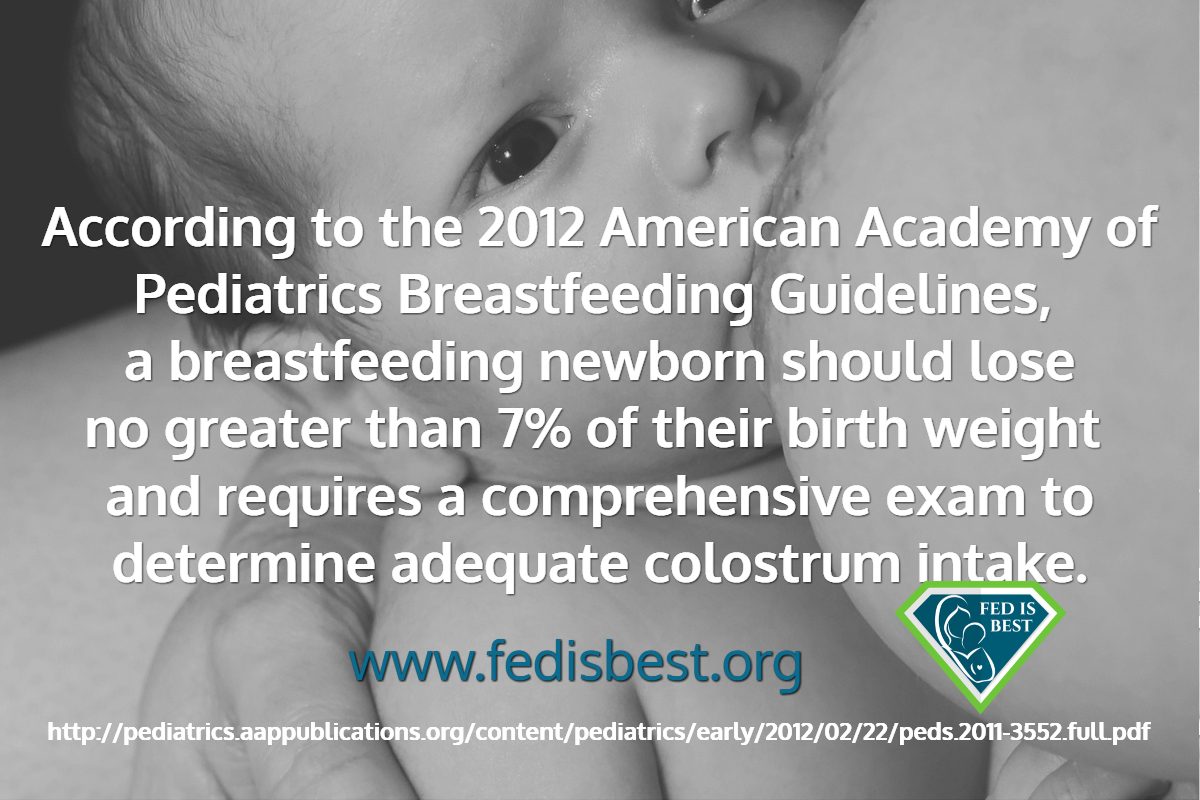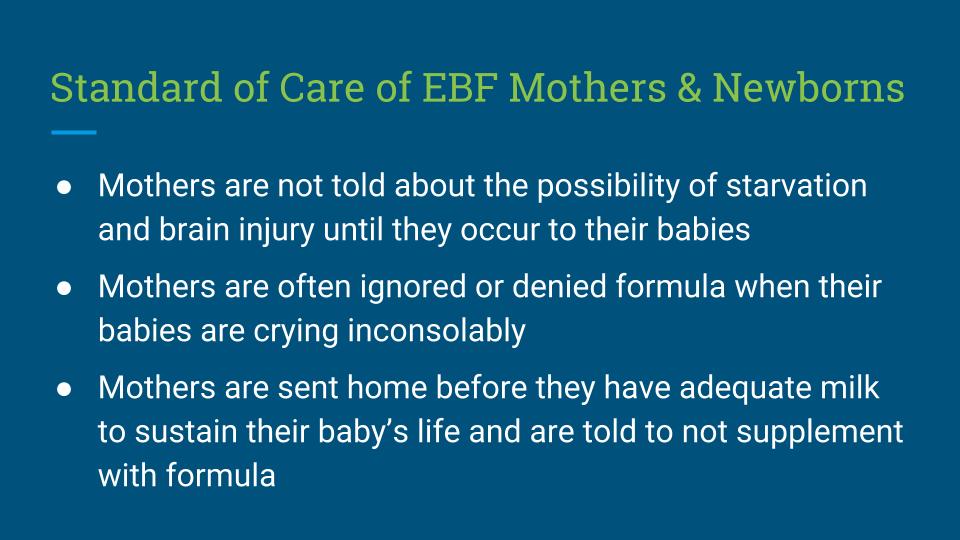by dr. Jessica Madden, M.D., Neonatologist
My oldest daughter, Grace, was born when I was 28 years old. She was our long-awaited first child, the one who I had postponed having for many years so that I could get through a good chunk of my medical training before becoming a mom. I felt like I was prepared as much as one could possibly be to take care of and breastfeed a newborn. I had spent years babysitting my siblings and neighbors and had over two years of intense pediatric/neonatal training under my belt. I had read every single “What to Expect” type of book, joined multiple online breastfeeding forums to learn from experienced mothers beforehand, and took all of the prenatal classes at the hospital where I delivered. I knew that breastfeeding was going to be difficult and exhausting at times, and that it might take several weeks for my baby and me to get into a “groove” with it, but I was ready to dive in headfirst.
“In my work as a neonatologist I have taken care of countless babies around the U.S. who have had to be admitted to the neonatal intensive care unit (NICU) for breastfeeding failures. The most common breastfeeding problems I encounter requiring hospital admissions are dehydration, hypernatremia (high sodium levels), hypoglycemia (low glucose levels), and jaundice (patients often have some combination of these 4 diagnoses).” Continue reading








